Breast Cancer Screening
Advertisement
There was a 29% increase in cancer detection with AI-supported screening.
A groundbreaking study has demonstrated that artificial intelligence can enhance breast cancer detection rates by almost 20%.
Dr. Sadie Dobrozsi discusses the importance of "pan-cancer" testing, especially as it pertains to breast cancer.
The positive predictive value for cancer was 15% higher for those enrolled.
The most frequent changes detected were additional copies of chromosome 1q and losses of chromosomes 10q, 16q, and 22.
A new study finds that 3D digital breast tomosynthesis is more effective at detecting BC than traditional 2D.
Women who receive false-positive mammogram results are less likely to return for a follow-up screening.
Researchers have completed the most extensive mapping of healthy breast tissue cells to date.
While half of all carriers of inherited cancer pathogenic variants are men, not enough men undergo genetic testing.
Dr. Margaret Gatti-Mays talks with The Oncology Brothers about the right treatments for endocrine-resistant breast cancer.
Breast cancer survivors with metabolic syndrome have shorter disease-free survival than those without metabolic syndrome.
Using the HER2DX genomic tool is feasible in a real-world setting of patients with early-stage HER2-positive breast cancer.
Patients with breast cancer who have high levels of glycosylated hemoglobin have an increased risk of recurrence and death.
For women with BRCA1 sequence variations, MRI surveillance is linked to lower breast cancer mortality.
Screening and new treatments have led to a US breast cancer mortality rate that is 58% lower than in it was in the mid-1970s.
Dan Forche, CEO of PreludeDx, a leader in precision medicine for early-stage breast cancer, discusses DCISionRT.
A cohort analysis found abbreviated breast MRI was an effective for cancer screening in patients with dense breasts.
Results from the 21-gene Breast Recurrence Score commercial assay were successful predictors for cancer-specific mortality.
A new study suggests that it is important to consider other risk factors for breast cancer beyond breast density.
A study examined the impact of the COVID-19 pandemic on breast cancer screenings, finding a significant drop in ...
Advertisement

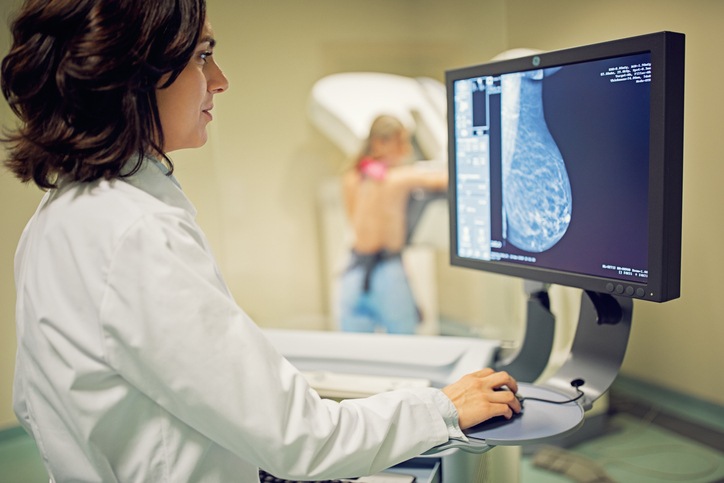

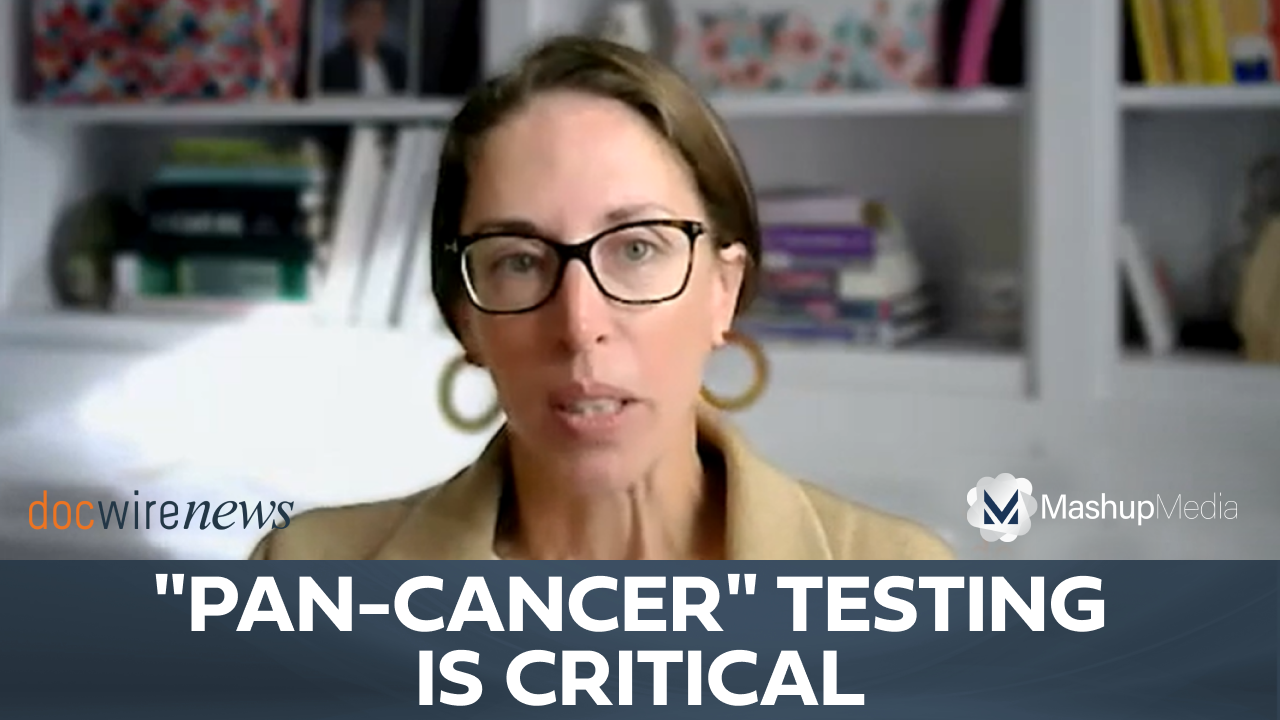
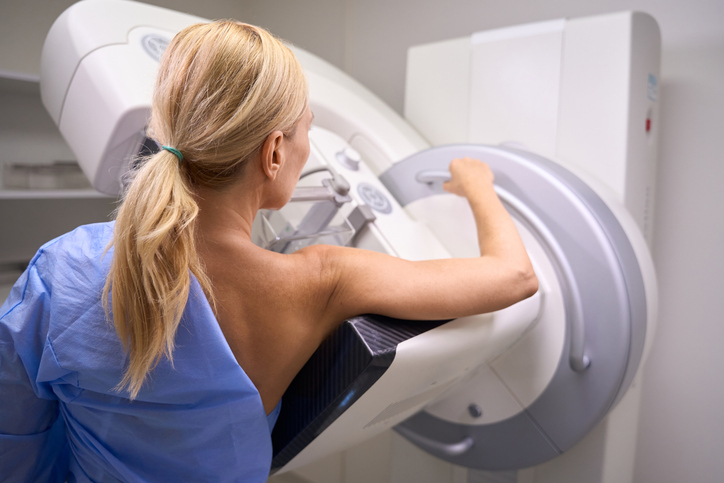
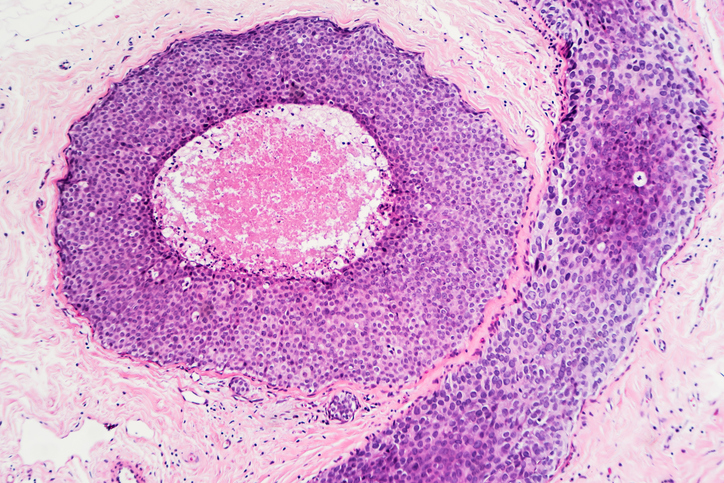
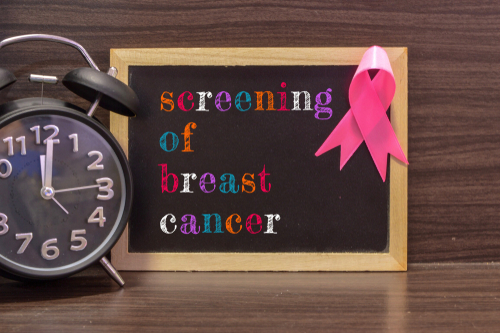

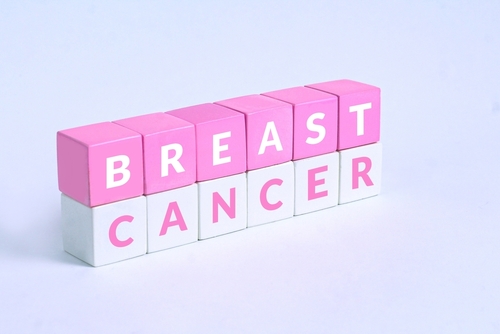


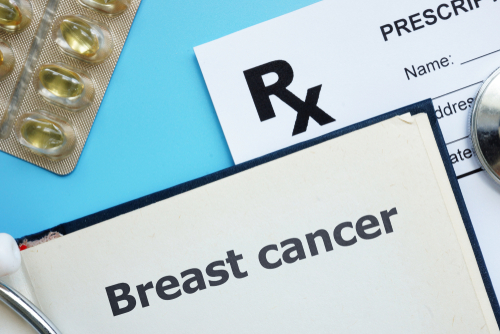
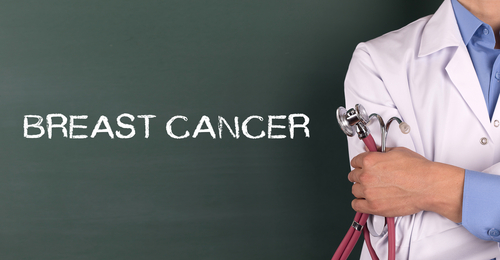
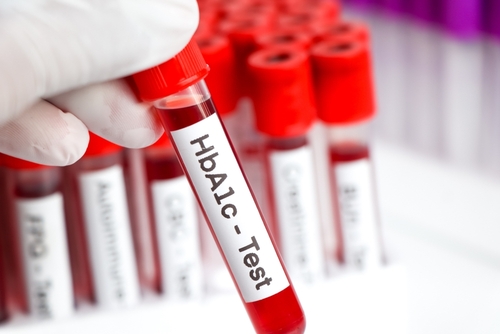
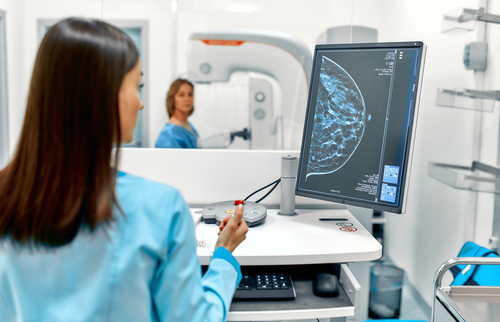



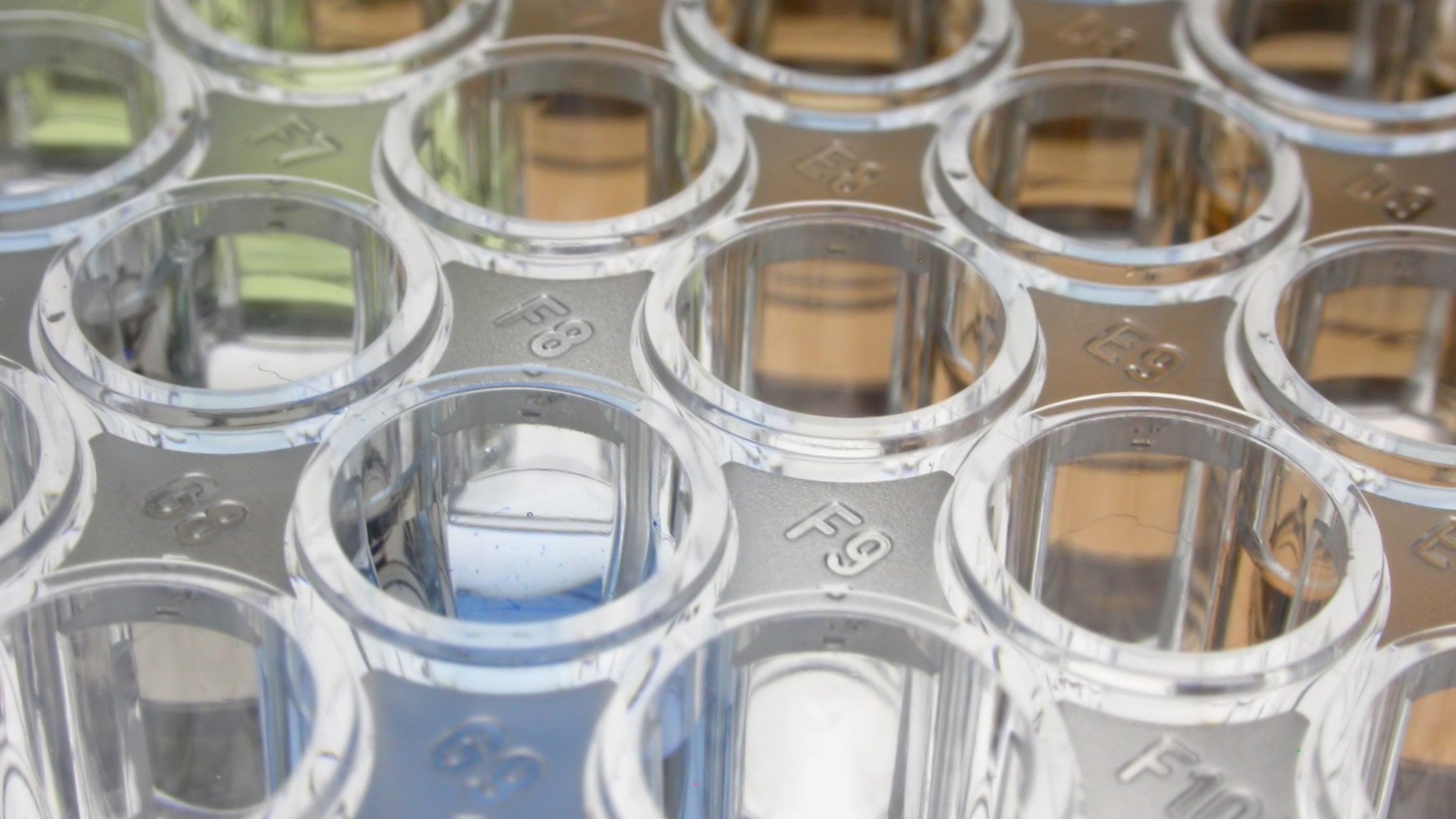
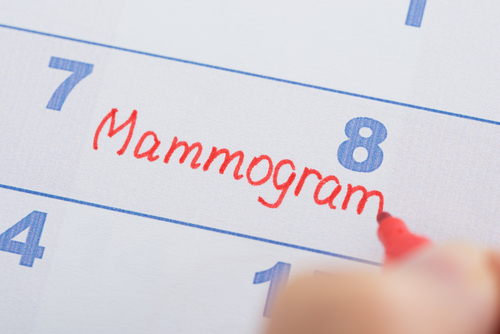

 © 2025 Mashup Media, LLC, a Formedics Property. All Rights Reserved.
© 2025 Mashup Media, LLC, a Formedics Property. All Rights Reserved.